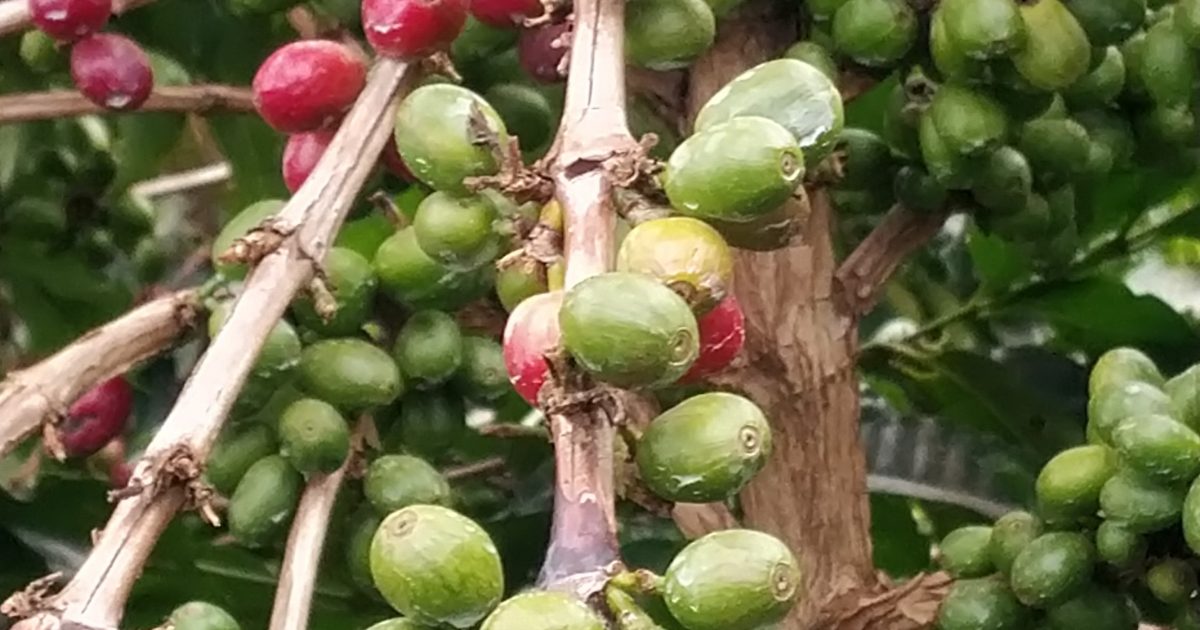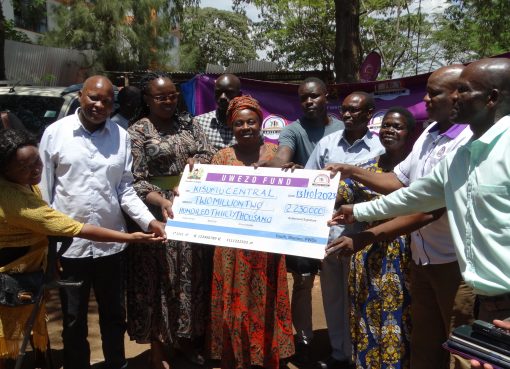County Governments and agricultural stakeholders want the national Government to hasten the implementation and coordination of reforms in the coffee industry to boost production.
The chairman Kenya Coffee Platform (KCP) Karugu Macharia, said the reforms in the industry were critical in restoring the once vibrant industry back on the right track to its lost glory and ensure that farmers realized their sweat for their labour.
“In the current period coffee production increased to slightly over 50,000 metric tonnes compared to below 40,000 metric tonnes in 2021. Working together as stakeholders can help in increasing the production to more than 100,000 metric tonnes annually,” said Macharia.
The chairman who was speaking during a stakeholders meeting attended by agricultural CECs from coffee producing counties and other players in the coffee sector organized by KCP noted that a road map to the envisaged production target was already in place.
“We have started this through coffee platforms at County levels. we already have one in Muranga, Nyeri, Meru, Kirinyaga and Embu and we want to spread to other counties so that each of the platform can articulate their issues to improve on production”, he said
Macharia noted the forum addresses wholesomely the stakeholders ‘concerns and offers a platform for exchange of ideas and challenges with a view to come up workable solutions to improve their performance.
He cited two coffee societies, Baragwe and Mutiira in Kirinyaga County which improved exceptionally during the last season and managed to make at least khs 2 billion and 600 million respectively.
“Farmers can be able to work together and increase production and this is our ultimate goal as Kenya Coffee platform and the only two challenges that farmers should address is the need for pruning well and also feeding our trees”, Macharia said
Nyeri county agriculture executive James Muturi stressed on the need for the national government to address the challenges inhibiting the implementation of the coffee reforms.
“We have to pursue receptive reforms in the industry with a view to ensuring desired benefits are achieved mainly through increased production and the implementation of the changes requires harmonious working relationships along the entire value chain,” he said.

Muturi acknowledged that in the recent past there have been complaints by farmers on the declining prices at the Nairobi Coffee Exchange (NCE) over and above supremacy wars over the control of the industry.
“Agriculture is more than 80 per cent devolved and the national Government is charged with policy formulation which it should undertake involving all the other stakeholders,” he added.
Kenya, the CEC noted is dismally performing in terms of production in the region and globally with its market share in terms of coffee production standing at less than one per cent accounting to between 500,000 and one million bags of clean coffee annually.
Nandi Agriculture CEC Kiplimo Lagat observed that the industry missed a lot in terms of failure by the former Government to fast track key reforms saying the two houses –National Assembly (NA) and Senate unfortunately disagreed over two coffee bills that were seeking to introduce changes in the industry.
The Senate fast tracked Coffee Bill 2020 while the NA had the Coffee Bill 2021. The Senate bill managed to pass all the legislative stages but eventually the MPs could not agree on certain issues. “As stakeholders we are relooking at the Senate Bill with a view to ensuring the industry benefits from the desired reforms,” said Dr. Langat.
Kenya coffee production has dropped for two consecutive years, pushing the country further behind Africa’s top producers of the commodity whose price has rebounded in the international market. Latest International Coffee Organization (ICO) data for the one year to May 2021 shows that production fell from 930,000 sixty-kilogram bags in 2018 to 775,000 in the 2020 crop year.
Uganda and Ethiopia that are among the top 20 in the world and despite Kenya producing fine Arabica coffee that fetches premium prices in the world market, current production stands at slightly over 50,000 metrics which is still low compared to the country’s endowed potential.
Uganda, for example, exports for 12 months for the 2020/21 financial year reached 6.08 million bags worth USD559.26 million compared to 5.11 million bags worth USD 496.28 million the previous year. This is the highest volume of coffee that Uganda has ever exported in the last 30 years.
The discussion on coffee reforms come just as the national and county governments through the COG last week committed to resolve areas of contention especially on legislation and regulations in the agriculture sector within the next three months.
One of the resolutions was to expedite the implementation of reforms in Coffee, Tea and sugar and to ensure farmers are consulted to reduce any litigation
By Wangari Ndirangu





